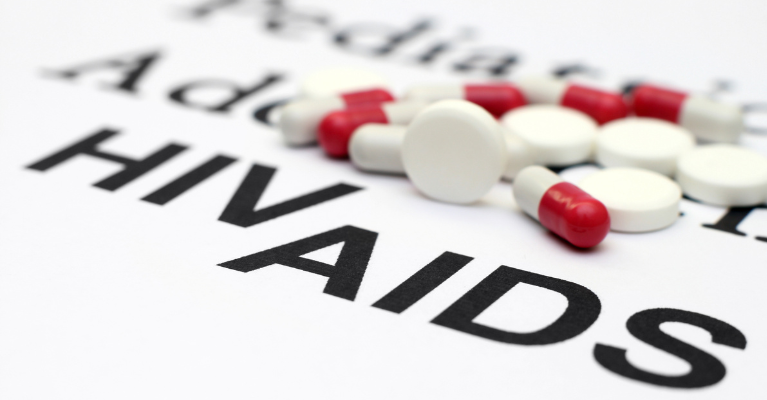Top
Healthcare News | Global Healthcare
New Report Shows Europe Falling Behind on HIV, TB, Hepatitis and STI Targets
Time to read: 01:10
Published: 2 May 2025
A new report from the European Centre for Disease Prevention and Control (ECDC) warns that many European countries are off track to meet official targets to reduce HIV, tuberculosis (TB), hepatitis, and sexually transmitted infections (STIs) by 2030 — a concern amplified by broader threats to global health funding.
These four epidemics together are responsible for nearly 57,000 deaths every year across the EU, Iceland, Liechtenstein, and Norway. Despite some gains — including a 35% decline in new HIV infections since 2010 and a similar drop in TB cases since 2015 — progress is falling dangerously short of the region’s 2025 targets, which aimed for 75% and 50% reductions, respectively.
Of particular concern are rising cases of acute hepatitis B and record levels of STIs such as gonorrhoea and syphilis. Meanwhile, only 68% of TB patients completed treatment in 2022, well below the 90% goal, and drug resistance continues to complicate care.
The report lands as global health experts warn of a possible retreat from key international funding programmes, including USAID, which plays a pivotal role in global infectious disease control. Cuts to such funding, they argue, could reverse decades of progress.
Without urgent, coordinated reinvestment in prevention, treatment, and cross-border surveillance, Europe risks missing the 2030 elimination targets — a setback with implications far beyond its own borders.
This article was compiled with information obtained from various sources including:
23 April 2025 | EuroNews| European countries are falling short on fight against HIV, TB and STIs, health authorities warn
Disclaimer
This article is compiled from various resources researched and compiled by the contributor. It is in no way presented as an original work. Every effort has been made to correctly attribute quotes and content. Where possible all information has been independently verified. The Medical Education Network bears no responsibility for any inaccuracies which may occur from the use of third-party sources. If you have any queries regarding this article contact us
Fact-checking Policy
The Medical Education Network makes every effort to review and fact-check the articles used as source material in our summaries and original material. We have strict guidelines in relation to the publications we use as our source data, favouring peer-reviewed research wherever possible. Every effort is made to ensure that the information contained here is an accurate reflection of the original material. Should you find inaccuracies, out of date content or have any additional issues with our articles, please make use of the contact us form to notify us.



